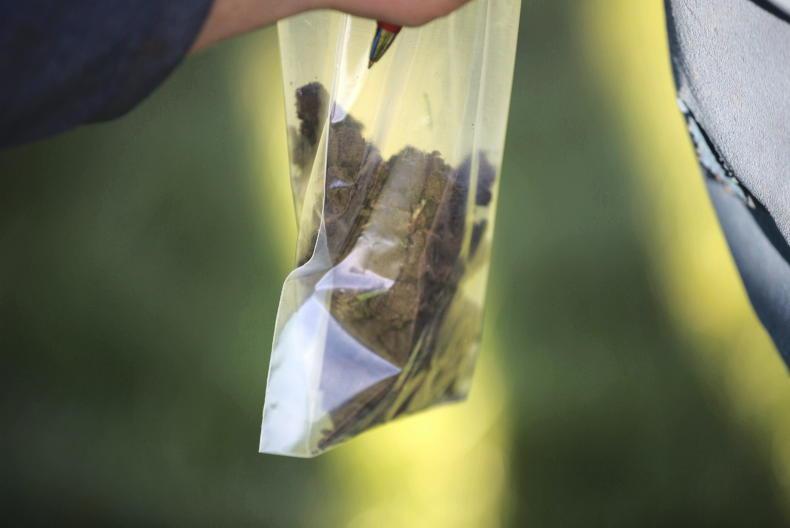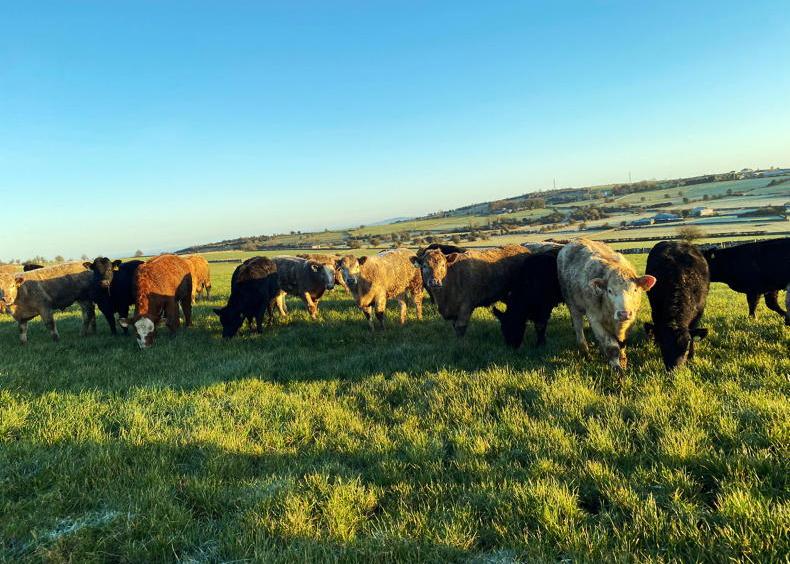Regenerative agriculture practices are to be tested over a five-year period in New Zealand to determine their impact on soil health and in turn farm production, resilience and the environment. The study will look at how these practices can impact on climate change.
The project is a partnership between the Ministry for Primary Industries, AgResearch, Synlait Milk and Danone.
Ten farms will participate in the project across the three regions of Waikato, Canterbury and Otago.
According to a statement from AgResearch, assessment of soil health is not routinely measured on farms in New Zealand and practical tools are needed to help farmers understand their soils and how to manage them.
By improving soil health, farm productivity can also improve, along with water quality, biodiversity and carbon storage, while greenhouse gas emissions can be reduced.
Two paddocks on each farm will be dedicated to a comparison between conventional and regenerative agricultural practices. The regenerative agriculture practices will focus on greater pasture diversity and reduced nitrogen fertiliser use.
Numerous measurements will be carried out on the farms to assess the impact of these practices.
The New Zealand government has committed $2.8m to the research. This funding will come from the Ministry for Primary Industries’ Sustainable Food and Fibre Futures fund. Danone and Synlait Milk are contributing another $1m.
Early soil test results are expected to be available in 2022.









SHARING OPTIONS